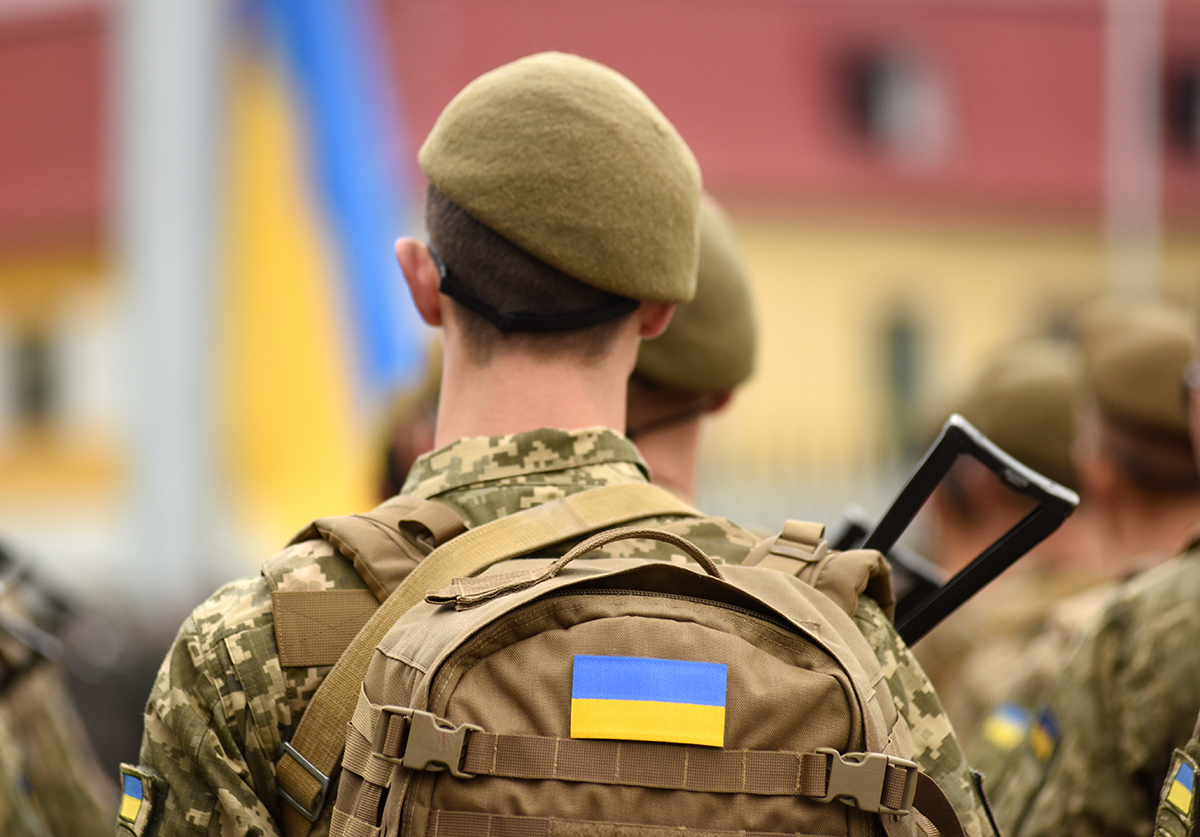During a recent town hall event, former President Donald Trump evaded taking a position on who should prevail in the conflict between Russia and Ukraine. Instead, he expressed his desire to end the loss of life, stating, “I want everybody to stop dying. They’re dying. Russians and Ukrainians. I want them to stop dying.” Trump emphasized his intention to resolve the situation quickly, claiming he could accomplish it within 24 hours.
When pressed by the moderator, Kaitlan Collins, Trump refused to indicate whether he supported Ukraine’s efforts to deter Russia. He explained that he does not think about winning or losing but instead focuses on settling to halt the loss of lives. Regarding providing US military aid to Ukraine, Trump did not commit to sending aid if he were to become the Republican presidential nominee and win the White House. He cited concerns about the availability of ammunition for the US military, suggesting that the country could not afford to assist due to its limitations.
The White House estimated that the Russian military had suffered over 100,000 casualties since December in the conflict, while no specific information was provided regarding Ukrainian casualties. Trump’s response to the conflict urged Europe to contribute more financial resources.
Regarding his views on Russian President Vladimir Putin, Trump described him as a “smart guy” who had made a significant mistake by invading Ukraine. However, he declined to label Putin a war criminal and suggested such discussions should be held later. Trump speculated that if Putin Trump’s comments regarding Putin and the potential consequences of labelling him a war criminal drew attention and concern from various quarters. The International Criminal Court’s chief prosecutor had previously suggested that Putin could face trial for alleged crimes committed during the war. However, Trump asserted that branding Putin as a war criminal would make it difficult to resolve and suggested that it could lead to more intense resistance from Putin.
While Trump acknowledged Putin’s intelligence and cunning, he maintained that the Russian leader had made a grave error by invading Ukraine. Trump expressed confidence that such an invasion would never have occurred had he been in office. However, critics argued that Trump’s statements needed a clearer strategy or a comprehensive understanding of the situation’s complexities.
The initial response from European allies to Trump’s remarks was muted but concerned. Diplomats and officials acknowledged that Trump has a history of making inconsistent and contradictory statements on foreign affairs. While they took his comments seriously, they emphasized that, at present, his views do not carry practical implications since he is not the current Republican nominee. European leaders hoped the Ukraine conflict would be resolved before Trump’s potential return to the White House in 2025.
Trump’s former defence secretary Mark Esper highlighted the potential negative impact of the former president’s statements on alliances and international relations. Esper argued that Trump’s remarks could unsettle allies who rely on the United States’ commitment to defending democracies such as Ukraine and Taiwan. He underscored the need for consistent and steadfast support for allies facing global challenges, including potential aggression from China.
As the conflict between Russia and Ukraine continued, Ukrainian President Volodymyr Zelensky expressed confidence in his country’s ability to achieve victory by 2024, easing concerns about the impact of the conflict on the upcoming presidential election. However, the situation remained tense, and the international community closely monitored developments and awaited a resolution.
In the face of uncertainty and geopolitical tensions, the question remained: How would the United States and its allies navigate this delicate situation and work towards a peaceful resolution to Ukraine?
The noncommittal stance taken by former President Donald Trump regarding backing Ukraine in its war with Russia has raised concerns and highlighted the complexities of international relations. While Trump emphasized his desire to end the loss of life and offered his approach to resolving the conflict, his comments could have clarified his strategic vision and the potential impact on alliances. As the world continues to watch the developments in Ukraine closely, the challenge remains for the United States and its allies to navigate the path toward a peaceful resolution, ensuring the defence of democratic values and stability in the region.







